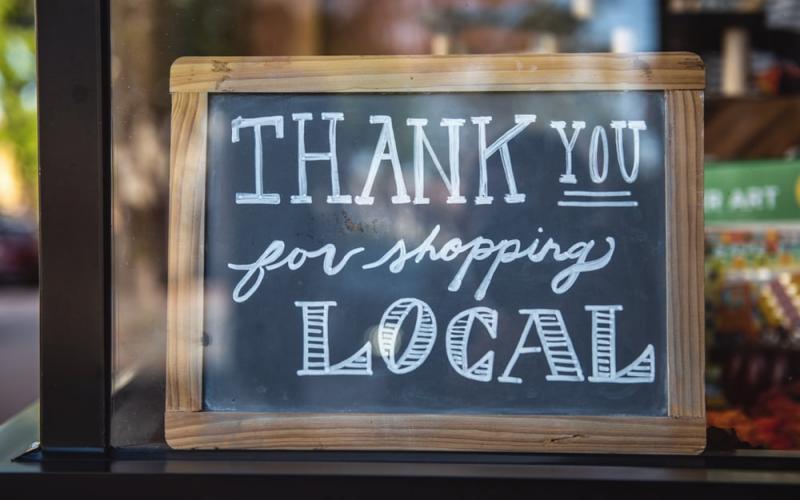By Dave Williams
Bureau Chief
Capitol Beat News Service
ATLANTA - Small businesses in Georgia and across the country were left in limbo Thursday when the U.S. Senate adjourned without approving a new round of economic stimulus funding to help offset losses from the coronavirus pandemic.
Almost $350 billion in Small Business Administration (SBA) loans Congress passed last month as part of a $2.2 trillion package has run out, as has a $10 billion SBA program meant to get fast cash to affected businesses.
The SBA has approved loans to more than 30,000 Georgia businesses worth more than $7 billion, Chris Clark, president and CEO of the Georgia Chamber of Commerce, said Thursday. But many other companies have been left high and dry, Clark said.
“If you’re already in the system, you’ve got a spot in line,” he said. “But if you haven’t applied yet, you can’t.”
Clark said the SBA’s Paycheck Protection Program (PPP) has been hampered not only by a shortage of funds. During the program’s first week, some types of small businesses – including sole proprietorships – could not apply for loans because the rules governing those businesses were not in place.
Clark said Georgia farmers got lumped into that business category and couldn’t get relief. “By the time the rules got promulgated, the funds were gone,” he said.
While President Donald Trump and congressional leaders have pledged to pour more money into the PPP, the funding is being delayed by partisan politics. Republicans are pushing for a $250 billion stand-alone package aimed only at small business, while Democrats want to double the package to include more money to help state governments and hospitals.
Clark said the final outcome likely will be determined by the White House and majority Democrats in the House of Representatives, which was also the case during the negotiations that led up to last month’s bailout.
With Congress set to return on Monday, Clark said business groups will engage in intensive lobbying efforts during the weekend to try to get an agreement.

